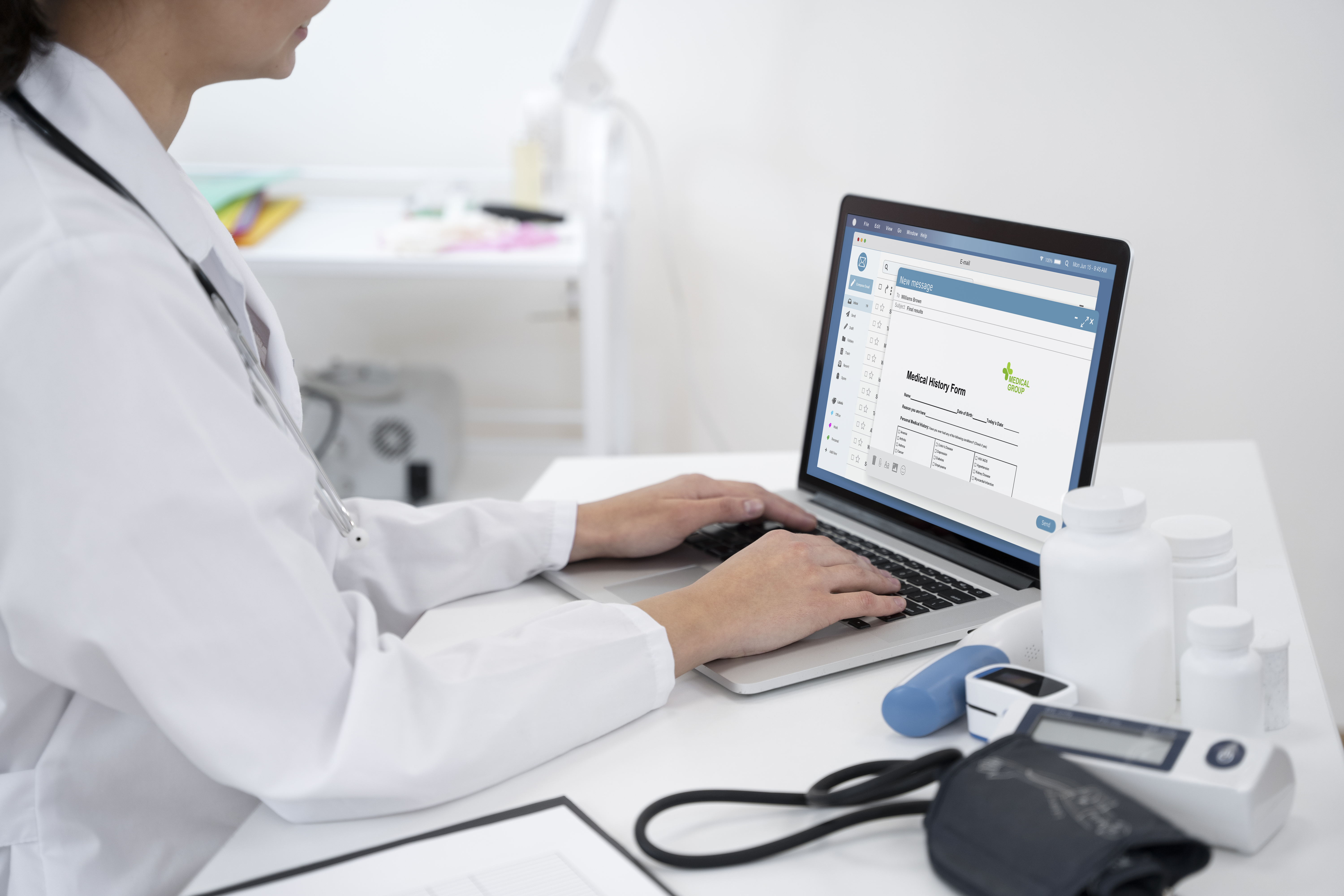In the healthcare industry, ensuring patient privacy and maintaining the confidentiality of medical records is of paramount importance. In 1996, the enactment of the Health Insurance Portability and Accountability Act (HIPAA) established guidelines and standards for safeguarding patient information. Adhering to HIPAA regulations is crucial within the realm of medical transcription. In this blog, we will explore the significance of HIPAA compliance because it plays a vital role in protecting patient privacy. Additionally, we will highlight how automated medical transcription solutions, like CascadeMD, ensure patient privacy by implementing HIPAA-compliant measures.

HIPAA compliance entails a set of rules and regulations designed to protect the privacy and security of patients’ protected health information (PHI). This includes any individually identifiable health information, such as medical records, lab results, and demographic data. Compliance with HIPAA is crucial because it safeguards patients’ rights and fosters trust between healthcare providers and their patients. Additionally, it ensures that sensitive information remains confidential, mitigating the risk of unauthorized access or breaches. Therefore, healthcare providers must adhere to HIPAA guidelines to uphold patient privacy and maintain a high level of trust in their practice.
Medical transcription plays a vital role in documenting patients’ medical histories, diagnoses, treatments, and other essential information. However, as medical records are transcribed, the potential for breaches in patient privacy and security arises. Therefore, HIPAA compliance is crucial in medical transcription because it helps mitigate these risks and ensures the confidentiality of patient information. By adhering to HIPAA guidelines, healthcare providers can establish robust safeguards and protocols to protect sensitive data from unauthorized access. This compliance fosters trust between healthcare providers and patients, as it demonstrates a commitment to safeguarding patient privacy. Additionally, HIPAA compliance in medical transcription helps prevent data breaches, maintains the integrity of medical records, and upholds the ethical responsibility of healthcare professionals.
Here are key reasons why HIPAA compliance is crucial in medical transcription:
HIPAA compliance ensures that patients’ sensitive information remains confidential. By following strict guidelines for handling PHI, healthcare providers can safeguard patient privacy and build trust with their patients. Additionally, adhering to HIPAA regulations helps mitigate any risks of unauthorized access or data breaches. Automated medical transcription systems, like ours, are designed to prioritize patient privacy by complying with HIPAA requirements. Because of this, healthcare providers can confidently rely on these systems to securely handle and transcribe sensitive patient information, enhancing both efficiency and confidentiality in their practice.
Failure to comply with HIPAA regulations can result in severe consequences, including legal penalties and financial liabilities. Healthcare providers that do not prioritize HIPAA compliance may face hefty fines, legal action, and reputational damage. By utilizing HIPAA-compliant medical transcription services, providers can mitigate these risks and protect themselves from legal and financial ramifications.
HIPAA compliance requires robust data security measures to protect patient information. Automated medical transcription solutions employ advanced encryption techniques to secure data both during transmission and storage. Encryption ensures that only authorized individuals can access patient information, minimizing the risk of unauthorized disclosures.
Human error is a significant concern in medical transcription, which can potentially lead to inadvertent breaches of patient confidentiality. Automated medical transcription technologies, like our system, reduce reliance on manual processes and minimize the risk of transcription errors or mishandling of sensitive data. With built-in quality control mechanisms, such systems ensure accurate and secure transcription, thus enhancing patient privacy.
HIPAA-compliant medical transcription solutions incorporate robust access controls to restrict data access to authorized individuals only. Role-based access ensures that healthcare providers can precisely control who can access patient information. This minimizes the risk of data breaches or unauthorized disclosures.
HIPAA mandates the implementation of audit trails and monitoring mechanisms to track access to patient information. Automated medical transcription systems maintain comprehensive logs that record all interactions with patient data, including who accessed it and when. These audit trails facilitate transparency, and accountability, and enable rapid identification of any potential breaches or security incidents.
Adhering to HIPAA compliance is vital to protect patient privacy and maintain the confidentiality of medical records. Automated medical transcription ensures this by employing advanced security measures, encryption techniques, access controls, and audit trails. By prioritizing patient privacy through HIPAA compliance, healthcare providers can foster trust. Additionally, they can mitigate risks and safeguard sensitive patient information. This, in turn, enhances the overall quality of care provided.